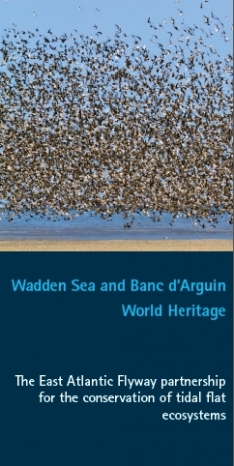Transboundary action plan for nature protection & sustainable tourism
The aim of developing a transboundary action plan was to ensure the future of the cooperation among the five protected areas across international borders for continued nature protection and sustainable nature tourism.
The plan is available in English, Finnish, and Russian, and is divided into two main parts. Part A describes characteristics of the area, including basic information about natural and cultural history, legislation, land use, and management of the areas. Basic information is useful for those curious about the transboundary area. Management plans, area plans, and regional plans are needed for coordinating nature protection and sustainable nature tourism between and within countries. Knowledge of international agreements, legislation, practices and planning in each area is also needed for transboundary cooperation. In part B, the 10-year vision describes the joint aims and strategies of the the cooperation. Mutual strategies include: cooperation, nature monitoring, dissemination of information and nature tourism. Finally concrete actions are suggested, and more concrete plans can be made to guide short-term planning. The plan was therefore considered as an advisory plan, focusing on common long-term guidance.
Trilateral cooperation in Pasvik-Inari dates back to the 1990’s. During this time, managers of the nature protection areas signed a trilateral agreement for international cooperation, which enabled development of the action plan to implement the cooperation. Finnish and Norwegian managers of nature protection areas had schemes of their own, which were adjusted to the needs of transboundary cooperation. Creating the action plan was a prerequisite for actual transfer of funds for the project.
Developing the action plan was done with a limited timetable and during a time when internet connections were not working in Russia and fax was the only way to share commented versions of the plan. Costs for translating the final plan in English to national languages (Russian, Norwegian and Finnish) were high, and there was plenty of proof-reading work for the project partners. These issues need to be considered when planning the budget of the project.
The action plan has proven to be a very good tool for the cooperation. Pasvik-Inari Trilateral Park has an action plan working group, which coordinates the implementing of the individual actions. The action plan provides useful list of possible activities, from which individual activities can be implemented when external project funding becomes available. Updating of the current action plan begins in 2017, so that in year 2018 when the current action plan is expiring the updated one will be ready for implementation.
